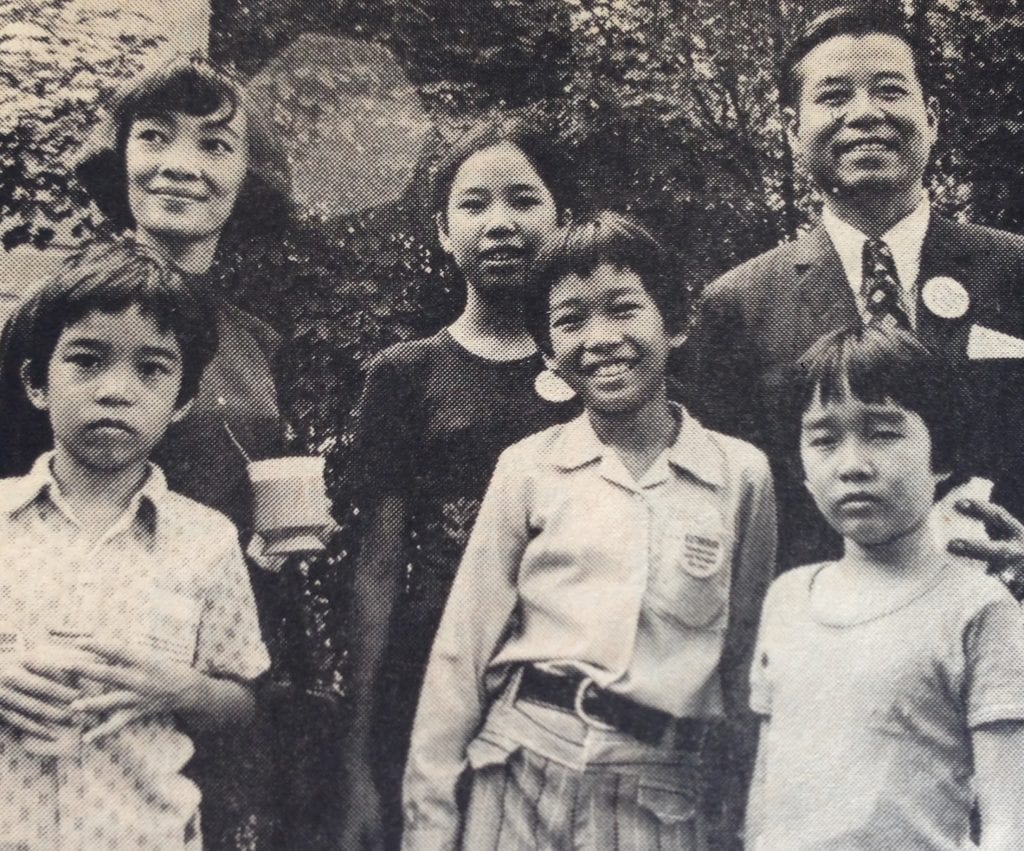Immigrant Experience
 “When you come as a refugee, you come to the life of poverty. Our choices were given to us; they were choices we can’t really make easily.” Sam Ouk reflects on his experiences growing up as a Cambodian refugee in Minnesota. He was among the 109,000 refugees who settled in Minnesota since 1979. First-generation refugees deal with many adjustments during their first few years of life in America, including poverty, language barriers, and racial assimilation.
“When you come as a refugee, you come to the life of poverty. Our choices were given to us; they were choices we can’t really make easily.” Sam Ouk reflects on his experiences growing up as a Cambodian refugee in Minnesota. He was among the 109,000 refugees who settled in Minnesota since 1979. First-generation refugees deal with many adjustments during their first few years of life in America, including poverty, language barriers, and racial assimilation.
Source: Columbia University Teachers College. 2017. “Urban Refugee Education.”
Student Experiences
Intergenerational barriers
Poverty is a prominent issue for first-generation refugee families. Many refugees arrive in the United States with minimal belongings and are placed into impoverished ethnic neighborhoods, which become harsh environments for refugee students. Sam Ouk recounts that despite him facing a lot of racism and witnessing so much gang violence against Cambodian refugees in school, these problems seemed minimal in his parents’ eyes. Their answer was always, “You don’t know what struggle is. Have you experienced starvation? No. You can eat even when you’re not hungry. Have you had to trade the life of someone you love and save the life of someone you love more?” Sam’s mother had to steal rations from her little sister to feed her parents, which she believed caused her sister to die of starvation.
How do first generation immigrants overcome these barriers?
Poor English skills prevent first-generation immigrants and refugees from upward mobility. As Touazeng, who immigrated to the United States from Laos as a teenager, mentions, “It was difficult to find a job because of language. Because you are already old when you come to the U.S., you have an accent when you speak. One time they [employers] said if you had spoken English effectively and fluently, we could have hired you. But because of the language barrier, we can’t hire you.”
However, despite the obstacles they face coming to an unfamiliar and foreign environment, many see their immigrant background as an advantage. For Danielle Vang, her cultural background has allowed her to adapt to different situations and challenged her creativity in solving problems. She recounts, “Something I learned from myself when I transitioned to all these different schools: I need to learn how to adapt and speak the language of those around me. If I don’t, I am going to be left behind, or I’d be fighting for some sort of battle that no one is going to care that I am trying to fight for.”

“All these refugees had a strong will to fight to improve their life.” Sam Ouk affirms that any refugee and immigrant story is filled with struggle and the determination to overcome. Many refugees narrate their resettlement in the United States as a journey to “fight.” They are fighting and paving a life that will be better for themselves, their family, as well as their future generations.
The will to overcome
Sources:
Arrive Ministries. 2018, “Minnesota Refugee Population.”
Ouk, Sam. 2016. “We the People.”



